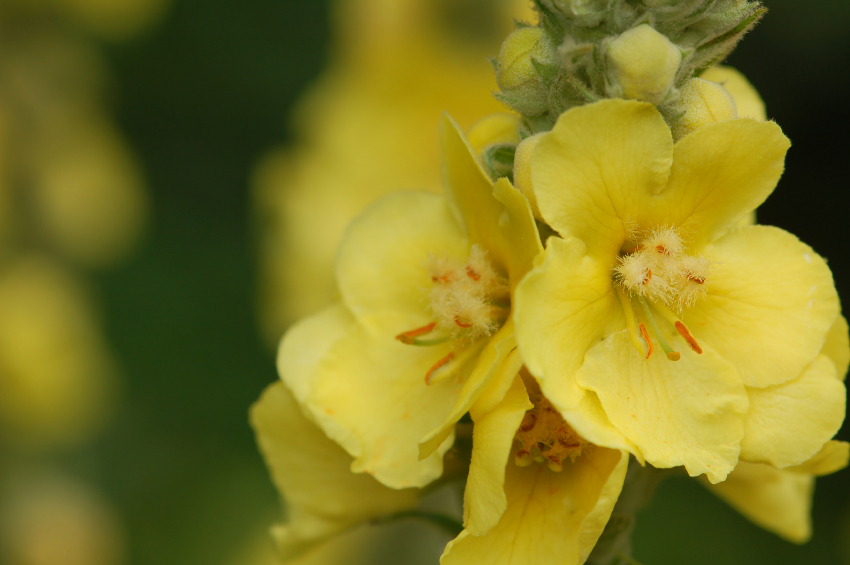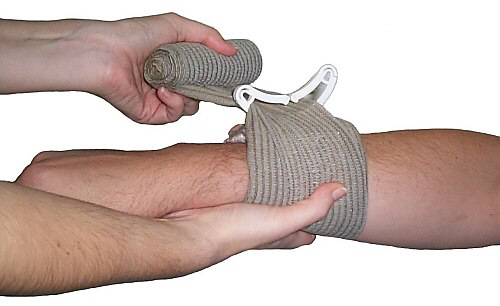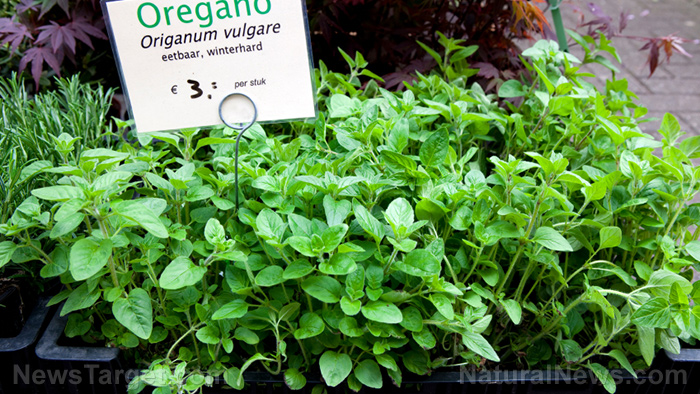Your SHTF medicinal herb kit should contain yarrow
08/09/2018 / By RJ Jhonson

Should SHTF, you may experience a much greater risk for physical injuries. This could be complicated by the possible lack of operational medical treatment facilities or medical supplies. You may, therefore, need to depend on nature’s boons to keep yourself safe from harm. Among the herbs you need for your emergency first aid kit, yarrow is one of the most useful thanks to its many benefits. (h/t to ReadyNutrition.com.)
Yarrow is a herb with feathery leaves and small, delicate white flowers that are arranged in clusters. It’s traditionally brewed as a tea for fevers and colds, as well as to soothe diarrhea. However, its most common usage is for stopping bleeding and hastening recovery from wounds.
Yarrow’s scientific name, Achillea millefolium, attests to its legendary status – literally – as a treatment for wounds. The name comes from the half-god Greek hero Achilles of The Iliad fame, the very one who inspired the term “Achilles heel” thanks to his body’s only vulnerable spot. Legend has it that Chiron, centaur and infamous teacher of Greek heroes, taught Achilles to use yarrow to treat wounds, which the warrior followed to staunch his comrades’ wounds. Yarrow eventually became known as “herba militaris” for its prominent use in the battlefield.
The herb’s ability to staunch bleeding isn’t merely an old wives’ tale. Laboratory tests have confirmed that achilleine, an alkaloid component of the plant, has powerful styptic properties. Because of this though, yarrow must not be administered to pregnant or nursing women – as well as those who are prone to excessive blood clotting – especially in tea form.
Using yarrow for wounds
You can pick several stems of yarrow and tie them together into a sort of bouquet. Ideally, a bundle can have three to five plants. Remember to leave some, especially the hardiest ones, so they can propagate and refill the area. Take better care of the leaves than the flowers – you’ll need the former and not the latter.
At home, you can hang the bouquet to dry using a clothes hanger or just hooking the string on a nail. Once the leaves have dried, you can pluck them off and store them in a jar or a small plastic bag. You can apply the leaves directly to wounds, burns, boils, blisters, and bug bites. You can also boil them to make tea or use as an astringent that you can apply on wounded areas or use as a drop for ear infections. (Related: Yarrow herb is stronger than DEET at repelling mosquitos and ticks, and it’s completely non-toxic.)
Other health benefits of yarrow
Yarrow does more than just heal wounds. Here are some more reasons to keep a supply of the herb on hand:
- It’s a natural antiseptic – Yarrow and its essential oils are among the most potent natural antiseptics on the planet. This is one of the reasons it’s so great for wounds, apart from its styptic properties. What’s more, it works not just for external infections, but for internal ones as well.
- It’s great for the skin – If you have skin inflammation and eczema, yarrow extract and essential oil may offer relief. The herb also has effective anti-scarring capability, which makes it great for acne and wounds. Drinking yarrow tea reportedly enhances skin cell regeneration, which may give your skin a healthy and youthful glow.
- It addresses hormonal imbalance – The menstrual cycle makes women prone to hormonal ups-and-downs that may affect mood and general health. Yarrow belongs to a group of plants called emmenagogues which increase menstrual flow. This makes yarrow effective for regulating your hormones and ensuring a regular menstrual cycle.
- It helps with asthma – Yarrow has relaxing properties that affect both the circulatory and respiratory systems, calming and opening up your bronchial tubes for easier breathing, as well as ensuring proper blood and oxygen circulation.
- It lowers blood pressure – The relaxing properties of yarrow help dilate the blood vessels, which lowers blood pressure. The herb also calms your nerves to make you feel less agitated.
Discover the many benefits of yarrow and other herbs at Herbs.news.
Sources include:
Tagged Under: alternative medicine, bleeding, blood clot, emergency, first aid, herbal cures, herbal medicine, Herbs, menstruation, natural remedies, natural treatment, off grid, preparedness, prepper, prepping, SHTF, survival, survival medicine, survivalist, wounds, Yarrow











